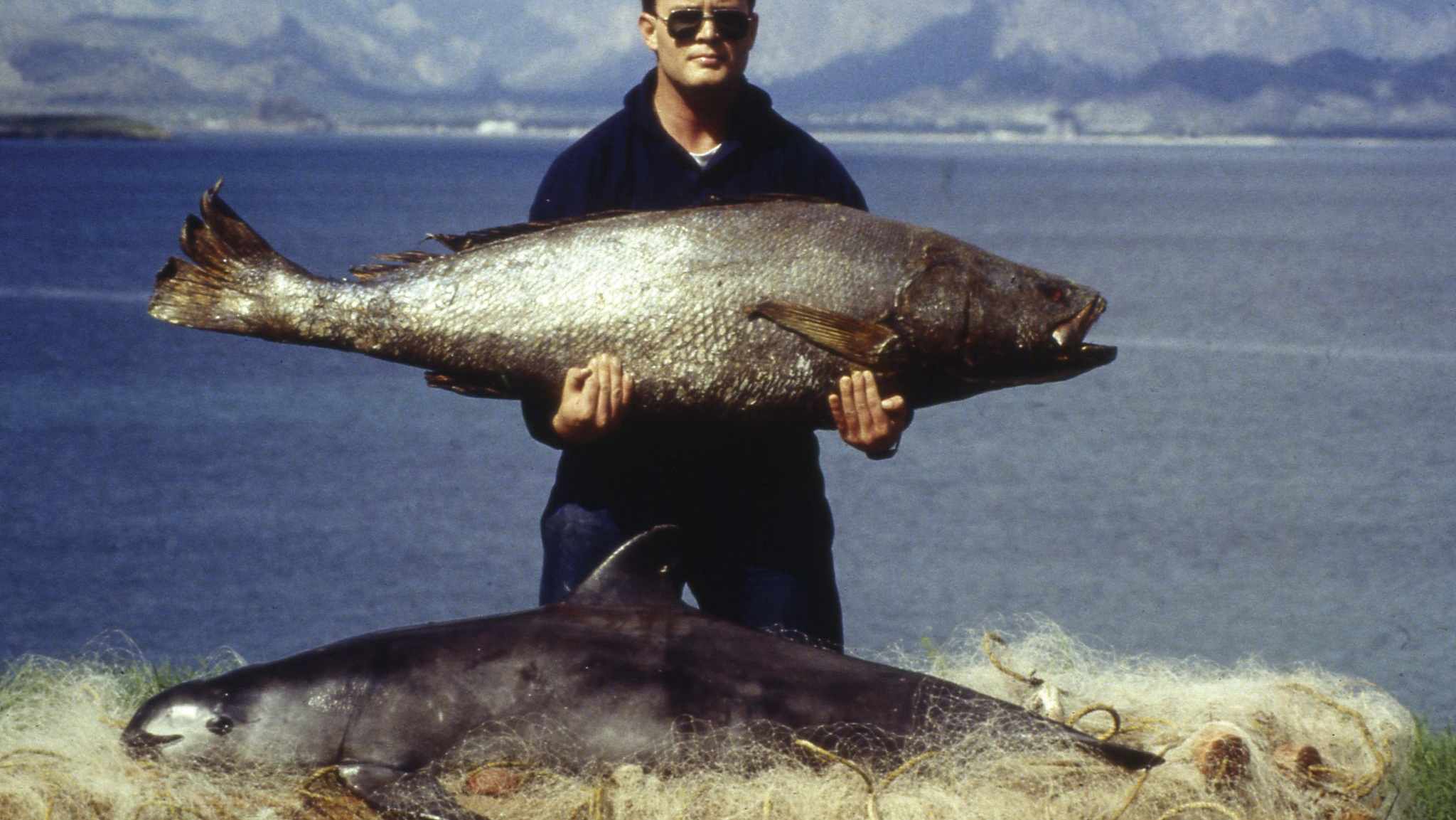
Tech & Sci
15:26, 26-Dec-2018
China confiscates 'aquatic cocaine' worth $26 million, 16 arrested
Updated
14:42, 29-Dec-2018
Alok Gupta

Chinese law enforcement agencies arrested 16 people trying to smuggle bladders worth 26 million U.S. dollars harvested from a critically endangered fish species, officials said.
A special undercover operation, code-named SY608, seized around 445 kg of totoaba swim bladders. The totoaba is a large marine fish that only lives in Mexico's Gulf of California.
Declared critically endangered by the International Union for Conservation of Nature (IUCN), international trade of the fish has been banned.
Used extensively for traditional medicine, dried totoaba fish bladder is also nicknamed “aquatic cocaine” or “money maw.” Each bladder is sold in the price range of 20,000 to 50,000 U.S. dollars on the black market.
The consignments are sold at a considerable profit, China's General Administration of Customs maintained.
The confiscated bladders were transferred from Mexico to other countries and finally smuggled into China. “This is one of the most successful cases of Chinese customs in recent years to combat the smuggling of endangered wild animals,” customs officials said.
Large-scale totoaba fishing has also massively decimated the population of the world's smallest porpoise – the vaquita.
According to marine experts, illegal gillnets used for capturing the large totoaba in deep water end up killing vaquita too.
“For many years China was not aware of the illegal trade in totoaba bladders,” said Peter Knights, WildAid CEO.
“But when alerted, they stopped open trade, and now they are taking down smuggling rings. Let's hope their decisive action can help the remaining vaquita porpoises that are literally on the brink of extinction.”
The smuggling racket was cracked after months of operations and raids at several locations in south China's Guangdong Province and Guangxi Zhuang Autonomous Region. “At present, the case is still under investigation,” the customs officials added.
(Top Photo: Pirates fishing for totoaba (top) also accidentally capture world's smallest porpoise, vaquita (bottom). The number of both species has dangerously plummeted. /VCG Photo)

SITEMAP
Copyright © 2018 CGTN. Beijing ICP prepared NO.16065310-3
Copyright © 2018 CGTN. Beijing ICP prepared NO.16065310-3